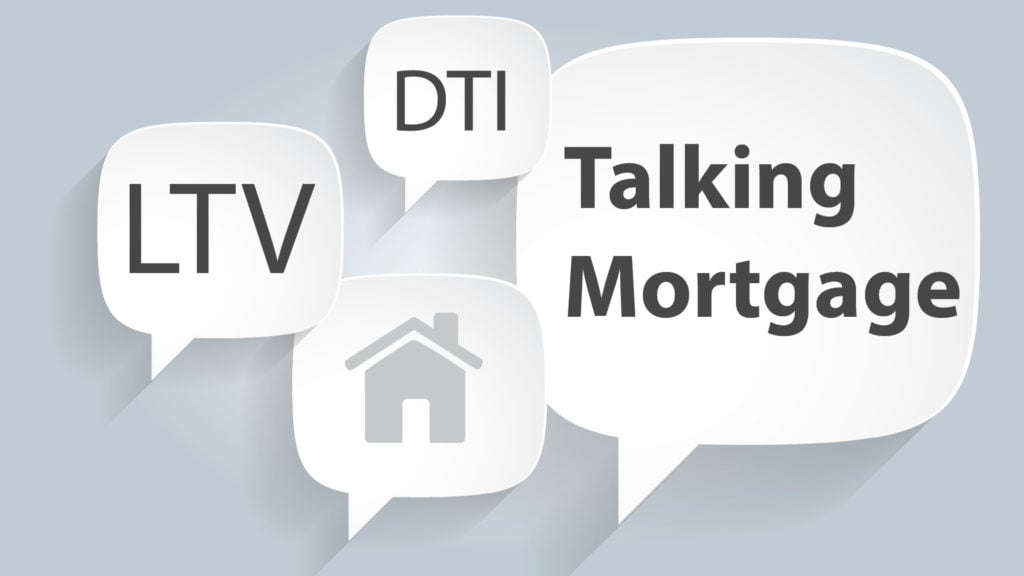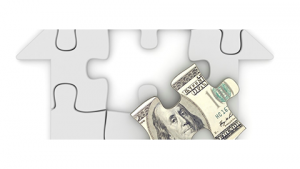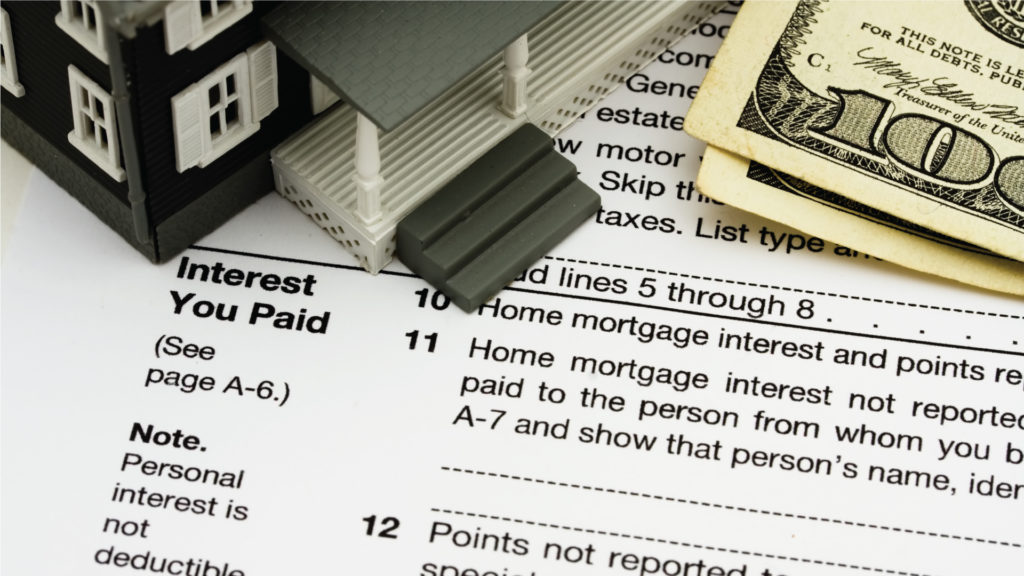
Lending officers have their own language. We try not to use unfamiliar jargon when working with customers, but “talking mortgage” is second nature to us. Let me clarify some lingo my customers have called me out on.
1003
Your loan application. Pronounced ten-o-three. This is a uniform document all lenders use as their mortgage application.
LTV
Loan-to-value. This is a ratio of what you owe on your home versus what it is worth. In a home purchase transaction, this is also your loan balance versus your purchase price. The industry uses the lower ratio — appraised or purchase price — as the value of the home. Therefore, your purchase LTV may be higher than your actual LTV if your appraisal comes in higher than your purchase price.
CLTV
Combined loan-to-value. This is like your LTV, but includes the overall loan amount versus the overall value when combining a first and second mortgage.
DTI
Debt-to-income ratio. Also known as back-end ratio. A percentage of a consumer’s monthly gross income that goes toward paying debts.
Front-end ratio
Mortgage-to-income ratio. Indicates which portion of an individual’s income is used to make mortgage payments. It is computed by dividing your projected monthly mortgage payment by your monthly gross income. Front-end and back-end ratios are used by lenders to determine how much you can afford to borrow.
PMI
Private mortgage insurance. Commonly referred to as MI or mortgage insurance. This is required on loans for which the buyer makes less than a 20 percent down payment or has less than 20 percent equity on a refinance. This insurance policy protects the lender in case the borrower ends up in foreclosure.
CD
Closing disclosure. A required disclosure given to all borrowers on mortgage loans three days prior to closing. This is a five-page document that details loan terms, payments, fees and other costs.
LE
Loan estimate. This document mirrors the closing disclosure, but is issued at the beginning of the loan application. Since the two documents look alike, it is easy to compare fees, costs and changes from start to finish.
Hazard Insurance
Homeowners insurance.
When it is time to buy or refinance a home, talk to a local lender first. The more you know about the mortgage process, available loan options and your individual qualifications, the more satisfying your homebuying experience is.
Lenders at RCB Bank are happy to help answer questions even if you are not a customer. Give us a call or visit our online Mortgage Center.






